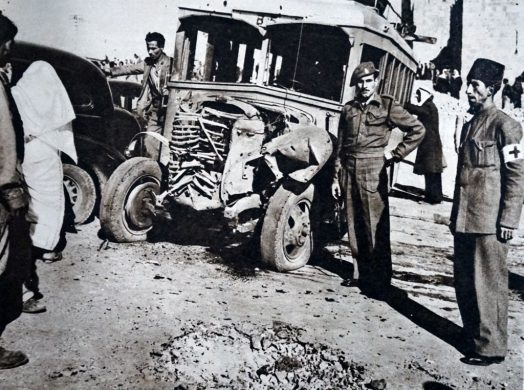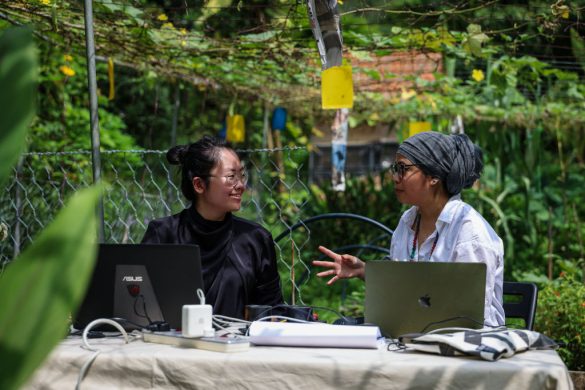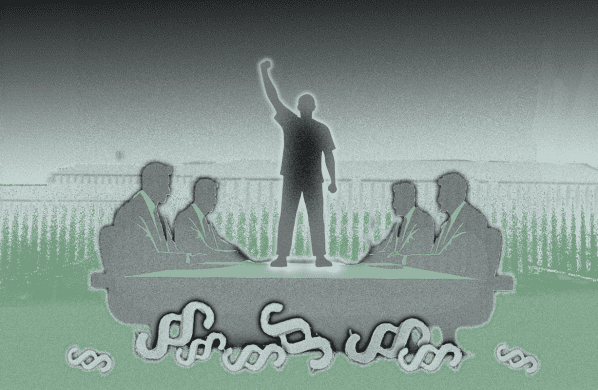The summit of the Africa, Caribbean and Pacific (ACP) group of countries that wound up in Maputo Thursday urged the European Union to maintain a high price for the sugar it imports from ACP suppliers, reports news media according to the World Bank press review.
While the reform is expected to reduce subsidies paid to EU sugar producers, their ACP counterparts fear the reform would also reduce the price Europe pays for ACP sugar. A resolution from the summit pointed out that the ACP-EU Sugar Protocol “is a longstanding intergovernmental contractual agreement of indefinite duration implemented within the EU sugar regime.”
The resolution maintained that the protocol was fundamental “to the sustainable economic development of ACP sugar exporters through the provision of an adequate level of earnings on a stable and predictable basis.” It said quotas, and even duty-free and quota-free access to the EU market without a guaranteed price “will be economically meaningless,” warning that were this to happen, ACP sugar exports “will suffer the same fate as coffee and cocoa.”
A draft paper on Wednesday showed the European Commission is set to propose a sweeping reform of its sugar regime, which would cut EU sugar prices by around 40 percent and scrap its safety-net intervention system. The EU sugar regime keeps internal prices at more than three times world market levels.
In Maputo, a Commission official there would have to be changes throughout the EUs sugar program. – We can not liberalize and reduce subsidies in Europe without this also having consequences for somebody else. But there is no other way, said Poul Nielson, Commissioner for Development and Humanitarian Aid.
Campaign groups have reacted with dismay to European commission proposals to reform the EU-blocs sugar subsidy regimes, saying they did not go far enough and would do little to help the worlds poorest countries.
Oxfam spokesman Kevin Watkins said that in spite of the seemingly large cuts in production and quotas EU Commissioner for Agriculture Franz Fischler was proposing, the changes were actually quite modest.
Meanwhile leaders of the 79-member ACP group ended their two-day summit in Maputo, Mozambique Thursday with the adoption of the “Maputo Declaration” which contains their decisions on peace and security, sustainable development, trade and multilateralism, among others.
Host President Joaquim Chissano described the summit as “very much successful” despite its poor attendance. Only six heads of state showed up at the summit, even though organizers said at least 30 had confirmed their participation.
In the declaration, the leaders stressed, among other things, the need to fight the HIV/AIDS pandemic, which they described as “a threat to peace, security and stability in our societies”. On sustainable development, the ACP leaders committed themselves to taking all necessary measures to realize the Millennium Development Goals, despite fears in certain quarters that most ACP members may not achieve the goals by the target date of 2015.
However, they called for support from developed countries, multilateral financial and commercial institutions and the private sector, as well as the cancellation of the debts of developing countries to hasten the realization of the goals.
Meanwhile negotiations for a new trade agreement between the EU and the ACP states have sparked differences between the two partners and widening fear in the developing world. The Economic Partnership Agreements are officially aimed at promoting the reduction and eventual eradication of poverty, sustainable development and smooth and gradual integration of ACP states in the world economy.
In nature, however, the EPAs are a free trade agreement that provides for duty and quota free access to markets on both sides for both products and services that are compatible to rules of the WTO. Given the poor capacity of ACP countries in production and supply of goods and services, such a free trade agreement has sparked wide concern and fear in ACP countries.
– It is obvious that the EU is trying to push through issues in the EPAs that developing countries have resisted in the WTO. African countries strong objection to the introduction of agreements on investment, competition and procurement was a major cause of the breakdown of the WTO talks in Cancun, said Karin Gregow from Econews Africa, a Kenyan non-governmental organization (NGO).
Kilde: www.worldbank.org















